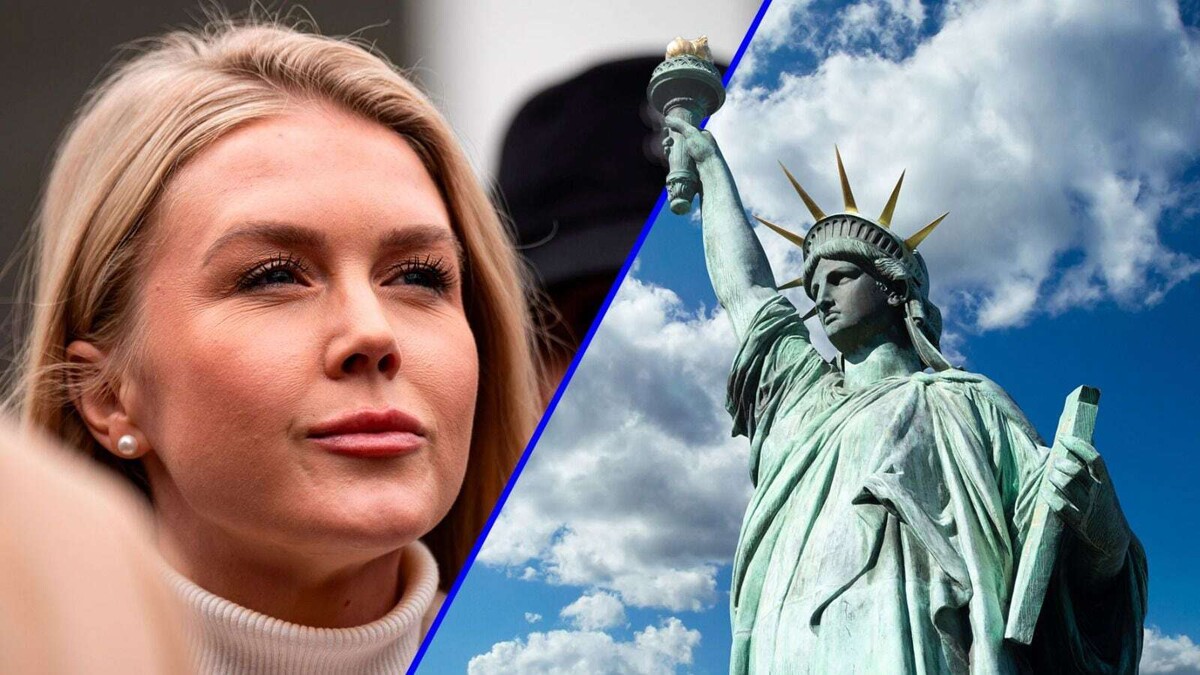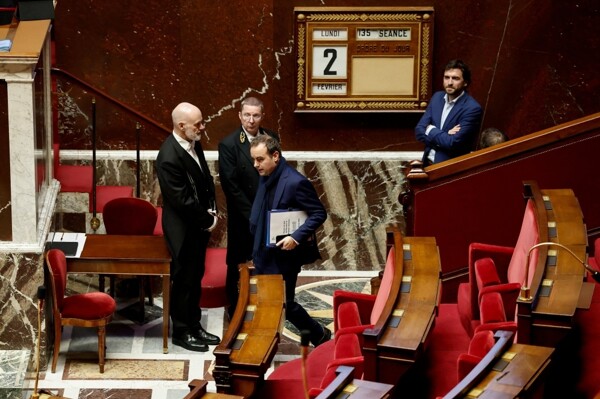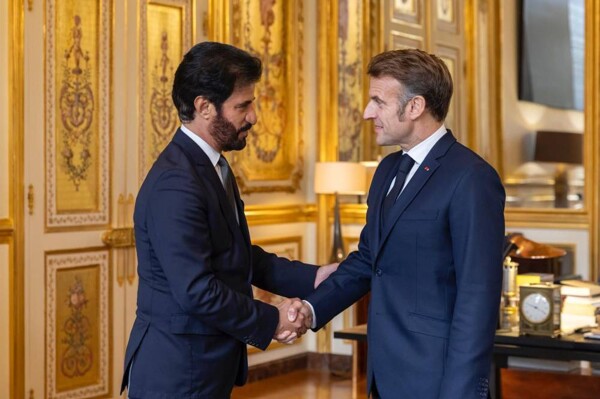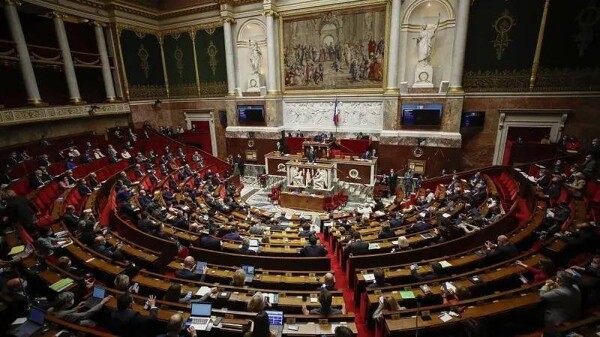
A French politician, Raphaël Glucksmann, created controversy by suggesting that the United States is no longer worthy of possessing the Statue of Liberty, a gift from France nearly 140 years ago. In a speech, Glucksmann expressed his discontent with the domestic and foreign policy of President Donald Trump, and called for the statue to be returned to France. He asserted that some Americans have chosen to support tyrants, reflecting concern in France and across Europe about changes in U.S. policy.
The Statue of Liberty was conceived as a gesture of friendship between France and the United States to commemorate the centennial of the Declaration of Independence. However, with the Franco-Prussian War of 1870 and delays in funding, the monument finally arrived in New York in 1886 as a symbol of freedom and democracy. Although Glucksmann highlighted France's role in U.S. history and expressed love for the nation, his call to return the statue was interpreted as a wake-up call.
The French government, represented by Emmanuel Macron, has maintained a balanced stance regarding Trump, trying to collaborate while expressing disagreement with certain decisions. Glucksmann, in contrast, has been more critical, accusing Trump of acting authoritatively and jeopardizing Ukraine's security by suspending military aid. His emotional call to return the Statue of Liberty seeks to highlight the growing divide between the two nations.
The White House, when questioned about Glucksmann's comments, reiterated the importance of French-American friendship and assured that the United States will not give up the statue. Press Secretary Karoline Leavitt recalled U.S. support for France during past wars and emphasized that the statue belongs to both countries. The tension between Glucksmann's statements and the White House's response reflects the complexities of international relations at a time of significant political changes.














